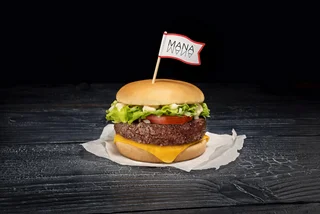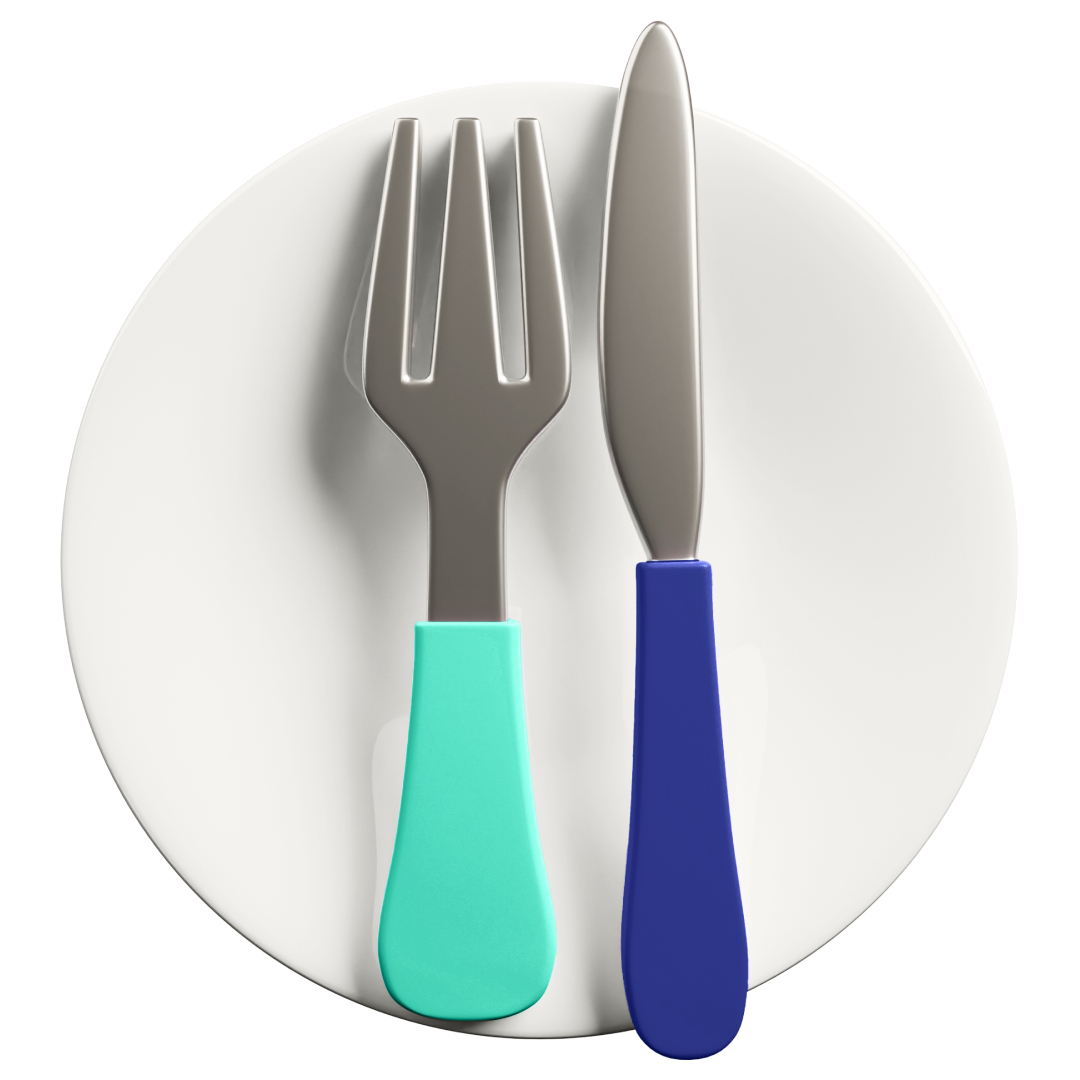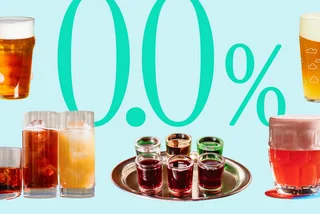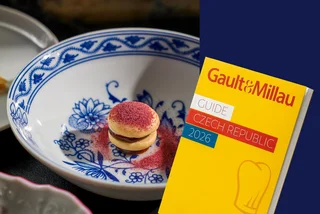A Czech producer of plant-based dairy substitutes has been forced to change its brand name to comply with European Union rules concerning milk products. At the same time, efforts to extend EU rules to stop meat substitutes from referring to meat failed to pass the European Parliament, but the rules protecting dairy products were upheld.
The Czech brand formerly called Nemléko, which mean “not milk,” has been rebranding itself to the name Optimistic since the start of October. “Mléko” is the Czech word for milk. Products with the old name should be sold out by the end of the month.
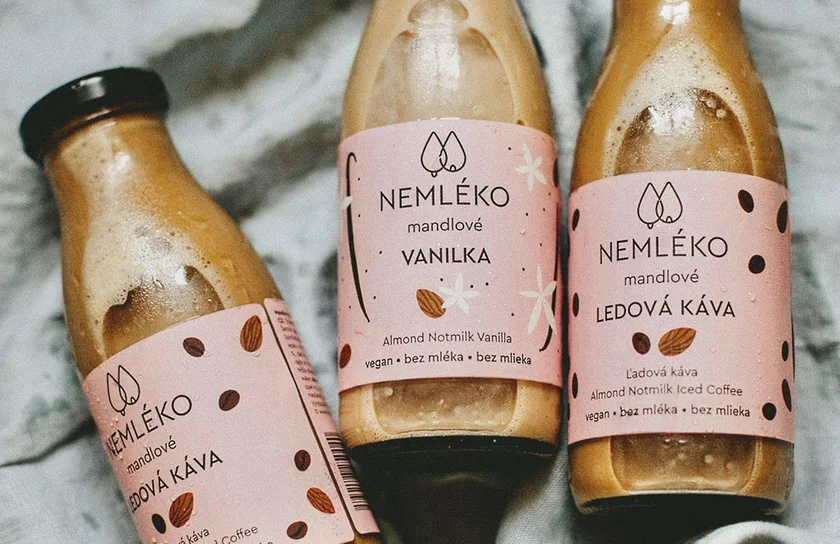
The EU rule regarding the word milk, and its translations, is not new. The Court of Justice of the European Union in 2017 ruled that only products containing dairy milk can be marketed with the words milk, butter and yoghurt.
Optimistic makes its dairy substitute beverages from almonds, poppy, hazelnuts and oats.
“The name was unsatisfactory according to European legislation, and we were ordered by the Czech Agricultural and Food Inspection Authority (SZPI) to change it. A name containing the word ‘milk’ or 'yoghurt' as the root of the word can deceive the average consumer,” Optimistic co-founder Amálie Koppová told news server Aktualne.cz, adding that the order to make the change was prompted by an anonymous complaint.
The company also addressed the issue on social media and on its website. “Nemléko is now newly (even more) Optimistic. Due to European legislation, we had to rename ourselves. Apart from the name, nothing has changed. All products are made for you by the same family company just outside Prague. But still, something has changed since our inception — we are much more Optimistic! And we believe that plant products are the best solution for the future for us and the planet,” the company stated.
SZPI spokesman Pavel Kopřiva told Aktualne.cz that the food watchdog had ordered the name change and added that the name should have been taken care of by the founders themselves, as the brand was created in 2016 and the EU ruling came into effect a year later. The SPZI mainly deals with food products that pose a risk to consumers, and prefers that producers take a pro-active approach to comply with new legislation rather than wait for the inspectorate to step in.
Eduarda Hekšová, director of the consumer organization d’Test, told Aktualne.cz that some countries created exceptions to the EU rule to allow for coconut milk, the non-dairy meat product head cheese, or a Polish-made candy called birds’ milk (Ptasie mleczko) to be sold, but the Czech Republic has not done so.
The European Parliament by coincidence had been debating making further rules for plant-based products. The effort to ban vegetable patties from using the word “burger” failed to pass on October 23. An amendment to allow the use of the phrases “yoghurt-style” and “butter alternative” was rejected by the European Parliament at the same time, expanding on the 2017 ruling.
The Czech Ministry of Agriculture had recommended that Czech members of European Parliament support the proposal for the ban on meat names for plant-based substitutes, since it would limit the misleading of consumers.
🇪🇺#EuropeanParliament votes the protection of dairy 🧀🥛 terms like 'milk', 'butter', 'whey' & alike ! A good day for dairy, for European consumers and citizens and for Europe ! @LinsNorbert @HerbertDorfmann @paolodecastro @UliMuellerMdEP @EricAndrieuEU @peter_jahr @ASanderMEP pic.twitter.com/d3X6lpAlxf
— European Dairy Association (@EDA_Dairy) October 23, 2020
The European Dairy Association praised the reinforcement of the naming rules. “European Parliament votes the protection of dairy terms like 'milk', 'butter', 'whey' and alike! A good day for dairy, for European consumers and citizens and for Europe!” the group said on Twitter.
Pro-vegetable critics claim this sets us a disparity, with strict rules only applying to non-diary milk substitutes. The European Plant-based Food Association said Sue Garfitt, President of ENSA said: “The current rules are very clear: they protect consumers from misleading practices while providing an equal level playing field for fair competition between products which are alternatives,” Sue Garfitt, president of the European Plant-based Foods Association (ENSA), said in a press release.
“We are glad that the Parliament recognized this for plant-based alternatives to meat and we hope the inter-institutional negotiations will reach a similar conclusion as far as dairy alternatives are concerned,” she added.
We welcome MEPs' rejection of the #veggieburgerban! But why vote at the same time for far-reaching restrictions on the use of dairy-related terms on #plantbased products? 🤔Read here our reaction: https://t.co/3McUihpSzc pic.twitter.com/NLpwNwl2Jr
— ENSA - European Plant-based Foods Association (@ENSA_EU) October 23, 2020
Environmental group Greenpeace also was critical of the dairy name ruling. “It’s disgraceful that the industrial farming lobby isn’t content with cornering billions in subsidies for destructive factory farming. They’re now muddying the debate on farming reform with a pointless vote on food names — it’s pathetic that the Parliament wouldn’t even stand up to the industrial agriculture lobbyists on this,” Marco Contiero, Greenpeace EU agriculture policy director, said in a press release.
“The votes won’t change the fact that more and more people are eating more vegetables and switching to meat and dairy alternatives, for the sake of their health and the environment, and will continue to call dairy-free products ‘yoghurt’ and ‘cheese’ anyway,” he added.












 Reading time: 4 minutes
Reading time: 4 minutes 






